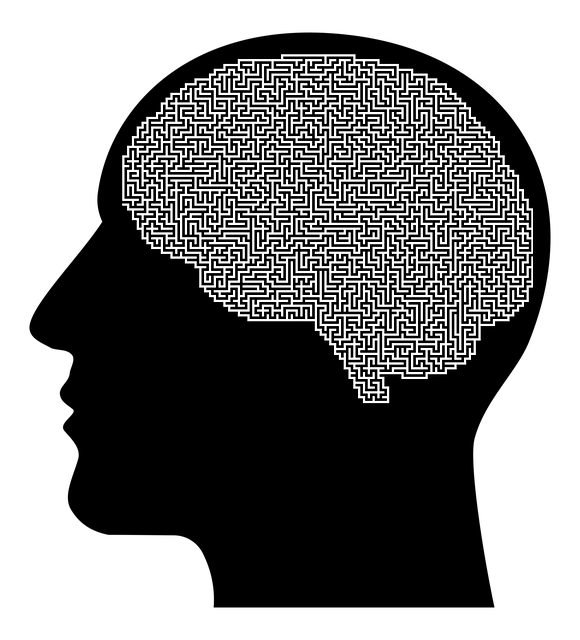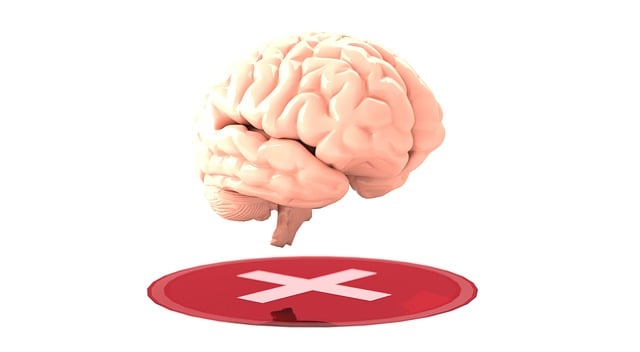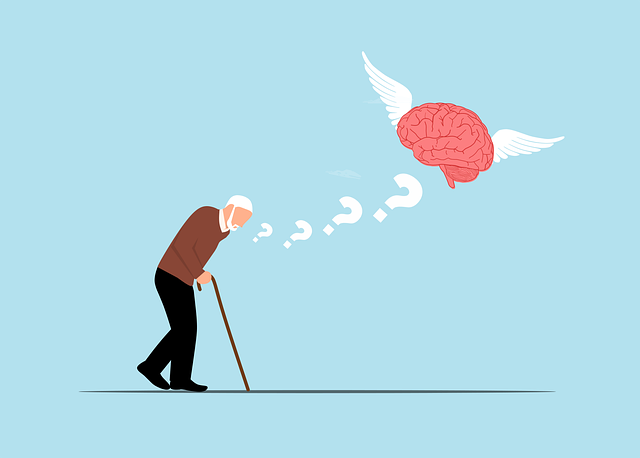Lafayette Therapy for Therapists-Clinicians prioritizes coping skills development as a core therapeutic strategy. By teaching patients adaptive behaviors, mindfulness practices, and crisis intervention techniques, therapists empower them to manage stress and overcome challenges with resilience. This personalized approach integrates evidence-based methods with Mind Over Matter principles, addressing diverse mental health needs like anxiety, depression, and PTSD. The ultimate goal is to improve client mental wellness, enabling them to lead more fulfilling lives while enhancing therapeutic outcomes for Lafayette Therapy practitioners.
Coping skills development is an essential aspect of therapy, empowering individuals to navigate life’s challenges. This article explores the critical role of these skills in therapeutic processes, with a particular focus on Lafayette Therapy techniques. We’ll delve into how therapists can enhance clients’ coping strategies, offering personalized approaches for diverse populations. From understanding the significance of coping skills to practical guidebooks for clinicians, this resource equips professionals with tools to integrate effective coping skill development into their practices.
- Understanding Coping Skills and Their Significance in Therapy
- The Role of Lafayette Therapy in Enhancing Coping Strategies
- Practical Techniques for Therapists to Foster Effective Coping
- Personalizing Coping Strategies for Diverse Client Populations
- Integrating Coping Skills Development into Clinical Practice: A Comprehensive Guide
Understanding Coping Skills and Their Significance in Therapy

In the realm of therapy and mental health support, coping skills development is a cornerstone of effective treatment strategies. Coping skills refer to the adaptive behaviors individuals employ to manage stress, overcome challenges, and maintain mental wellness. These skills are particularly crucial in Lafayette Therapy settings, where therapists and clinicians often encounter clients facing various personal crises and emotional hurdles. By teaching patients practical coping mechanisms, therapists empower them to navigate life’s difficulties with resilience and composure.
The significance of focusing on coping skills cannot be overstated, especially when considering the diverse needs of clients. Social Skills Training, for instance, plays a pivotal role in enhancing interpersonal interactions and support networks. Crisis Intervention Guidance, another essential aspect, equips individuals with quick and effective strategies to handle sudden traumatic events or intense emotional episodes. Ultimately, fostering robust coping skills contributes to improved mental wellness, enabling clients to lead more fulfilling lives and better cope with life’s challenges, both ordinary and extraordinary.
The Role of Lafayette Therapy in Enhancing Coping Strategies

Lafayette Therapy offers a unique approach to enhancing coping strategies, catering specifically to therapists and clinicians seeking advanced tools for their practice. By incorporating Mind Over Matter principles, this therapeutic framework equips individuals with effective emotional intelligence and social skills training. Through meticulous techniques, clients learn to navigate challenging situations, fostering resilience and adaptability.
The process delves into the intricate connection between mental and physical well-being, encouraging a holistic approach to therapy. By mastering these coping skills, therapists can facilitate profound transformations in their clients’ lives. This not only enhances therapeutic outcomes but also empowers individuals to confidently manage stress, emotions, and interpersonal interactions in various settings.
Practical Techniques for Therapists to Foster Effective Coping

In the realm of Lafayette Therapy for Therapists-Clinicians, fostering effective coping skills is paramount to supporting clients’ mental health and well-being. Practical techniques play a crucial role in this process, enabling therapists to guide their patients toward healthier ways of navigating life’s challenges. One such technique involves teaching mindfulness practices, which help individuals stay grounded in the present moment, reducing anxiety and stress. This can be as simple as encouraging mindful breathing exercises or more structured activities like meditation.
Additionally, therapists should incorporate Crisis Intervention Guidance into their practice, equipping themselves with tools to assess and manage acute situations. Regularly reviewing Risk Assessment for Mental Health Professionals ensures therapists are prepared to recognize and respond to potential risks within their practice. By integrating these evidence-based strategies alongside a strong Mental Health Policy Analysis and Advocacy approach, therapists can enhance their ability to support clients in developing robust coping mechanisms, ultimately fostering more positive outcomes in therapy.
Personalizing Coping Strategies for Diverse Client Populations

In the realm of Lafayette Therapy for Therapists-Clinicians, personalizing coping strategies is key to effective treatment, especially when serving diverse client populations. Each individual brings unique experiences and challenges, necessitating tailored interventions. For instance, a strategy that works wonders for an individual struggling with anxiety might not be suitable for another facing severe depression or post-traumatic stress disorder (PTSD). Therapists must employ a nuanced approach, considering cultural backgrounds, personal beliefs, and specific triggers. By doing so, they can help clients develop robust coping mechanisms that resonate with their lives.
This personalization involves delving into the client’s history, values, and strengths to integrate evidence-based techniques with Mind Over Matter Principles. For example, in Mental Illness Stigma Reduction Efforts, therapists can empower clients by teaching them cognitive reframing skills to challenge societal norms and internalized negative beliefs. Through Mental Health Policy Analysis and Advocacy, professionals can also ensure that the support systems clients access are inclusive and effective. These strategies not only enhance coping abilities but also foster a sense of agency, enabling individuals to navigate their mental health journeys with resilience.
Integrating Coping Skills Development into Clinical Practice: A Comprehensive Guide

Integrating Coping Skills Development into clinical practice offers a holistic approach to therapist-clinician interactions, empowering professionals in Lafayette Therapy to effectively support their clients’ mental well-being. This comprehensive guide emphasizes the importance of equipping individuals with robust coping mechanisms as a preventive measure against depression. By incorporating strategies such as empathy building and self-care practices, therapists can create a nurturing environment that fosters resilience and emotional regulation.
The process begins by assessing each client’s unique needs and tailoring interventions accordingly. Therapists should encourage the adoption of adaptive coping skills, like mindfulness techniques or problem-solving strategies, to help individuals manage stress and navigate challenges effectively. Regularly reviewing and reinforcing these skills builds a robust foundation for long-term mental health maintenance, ensuring clients feel equipped to face life’s complexities with enhanced resilience.
Coping skills development is a powerful tool in therapy, enabling individuals to navigate life’s challenges with resilience. By integrating techniques such as mindfulness, problem-solving, and emotional regulation, therapists can significantly enhance their clients’ well-being. Lafayette Therapy provides a comprehensive framework for professionals seeking to master these strategies. Through practical guides and personalized approaches, therapists can empower clients to foster effective coping mechanisms tailored to diverse populations. This strategic integration ensures that therapy remains accessible and impactful in today’s digital era, allowing folks to thrive despite life’s complexities.












